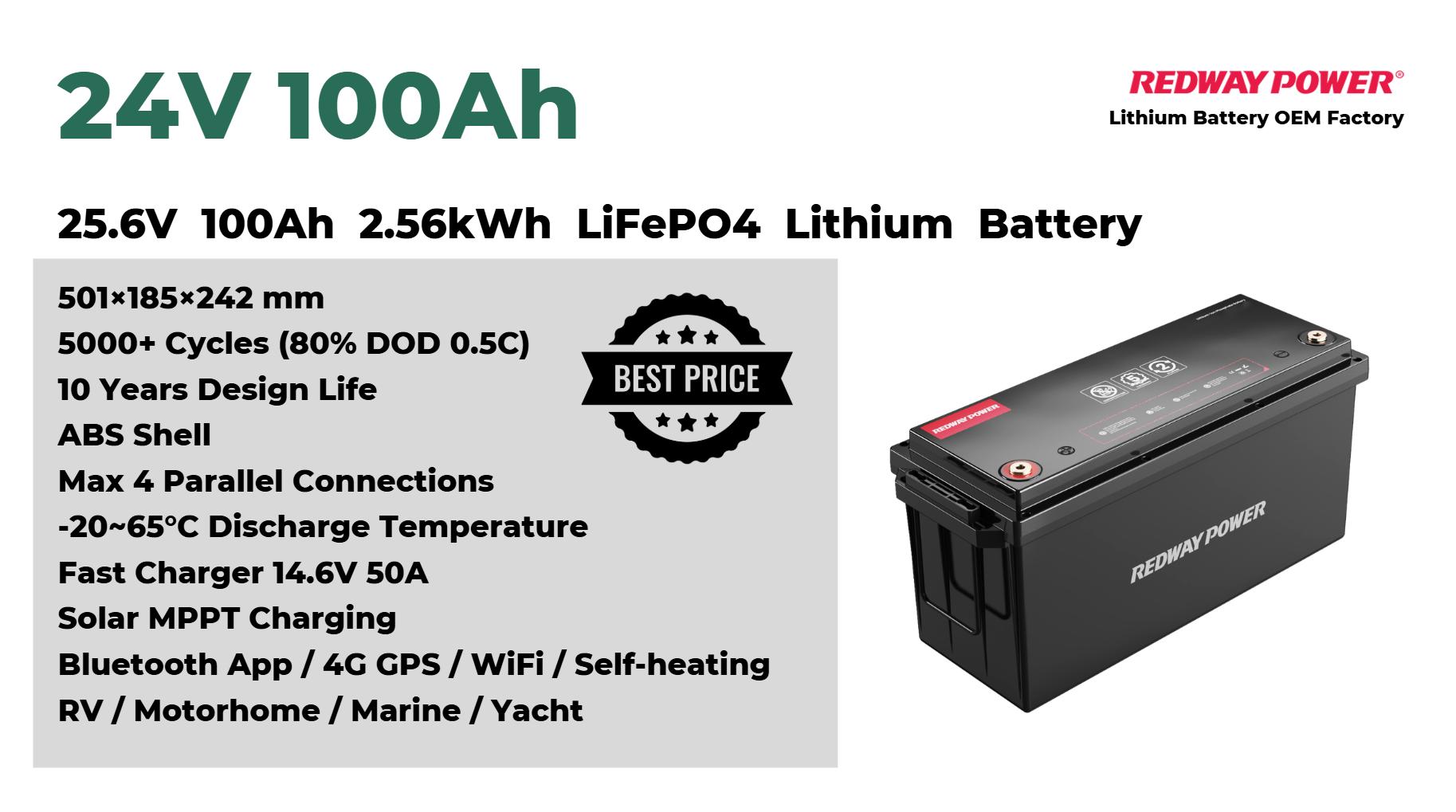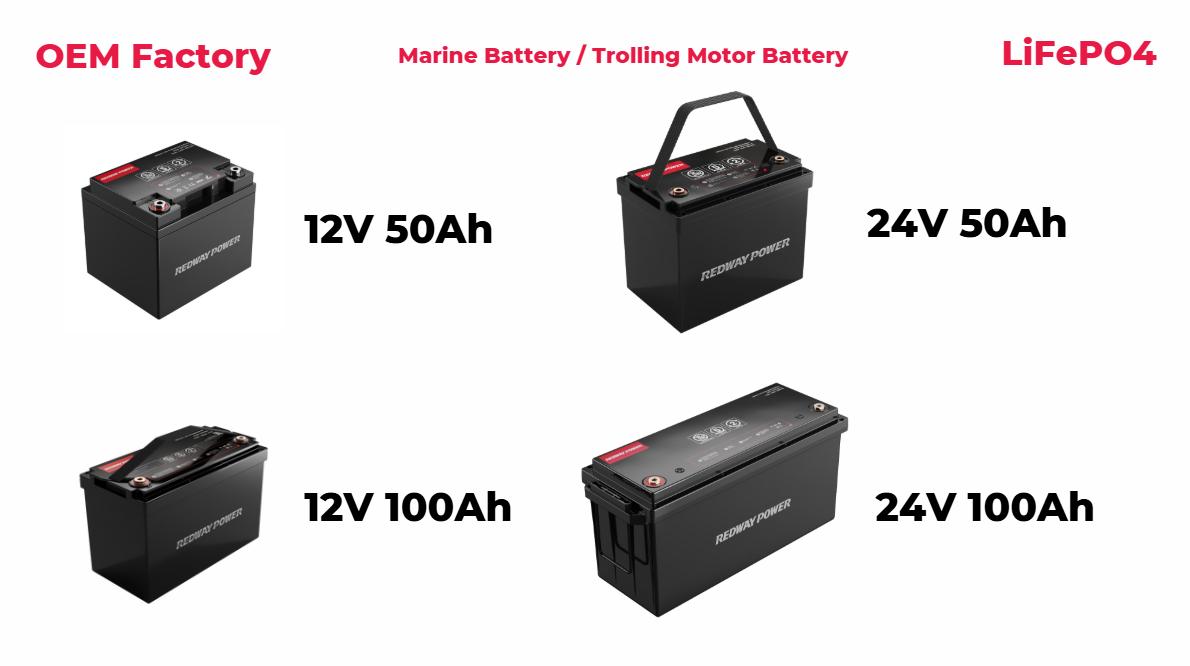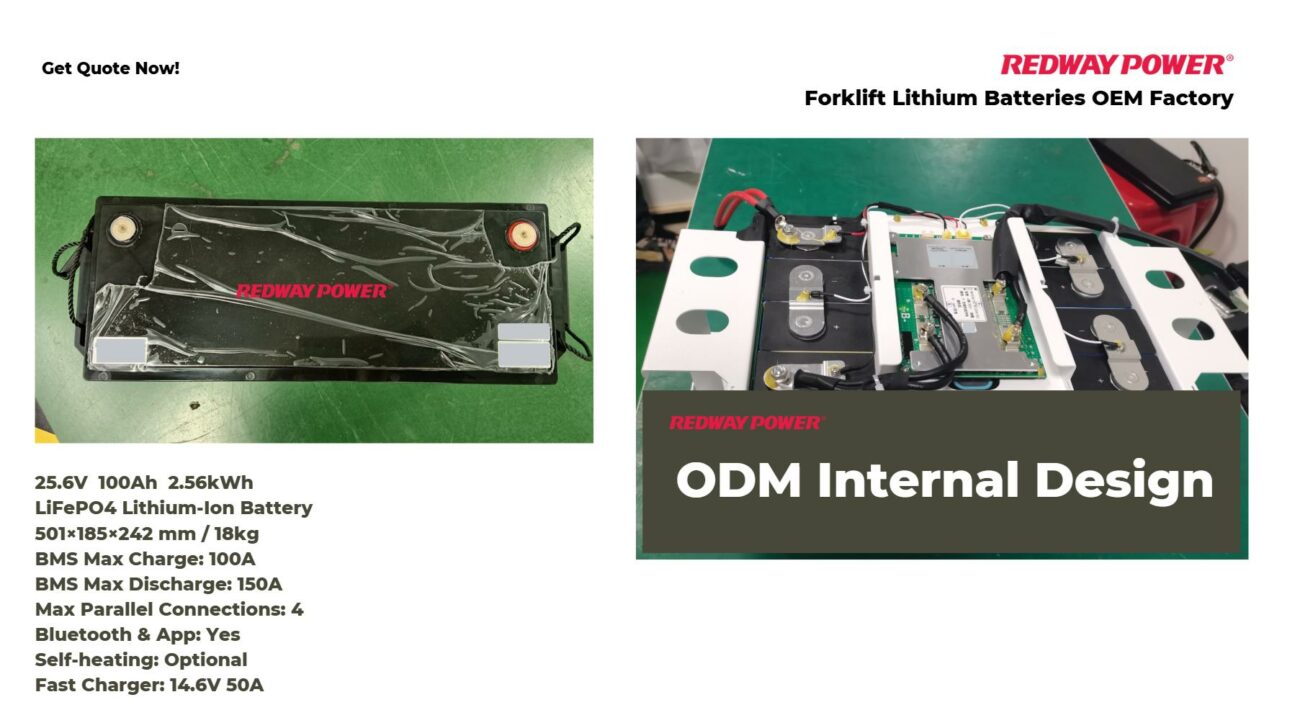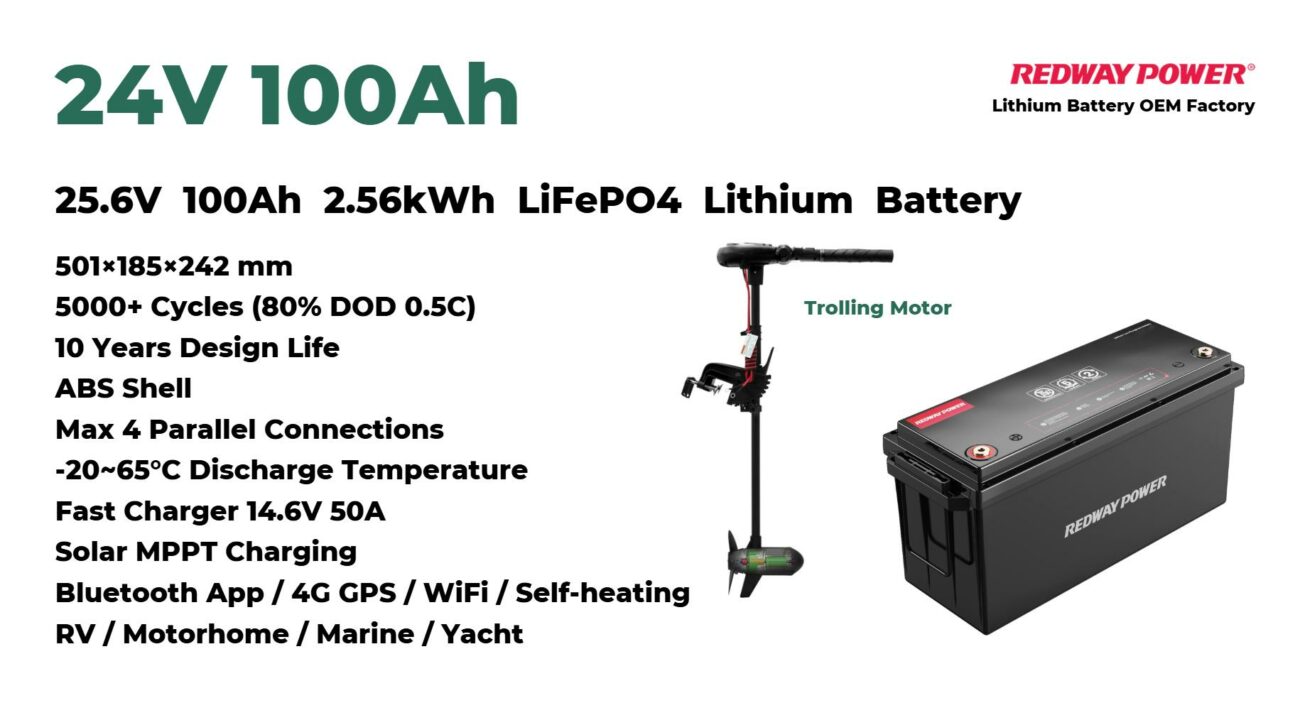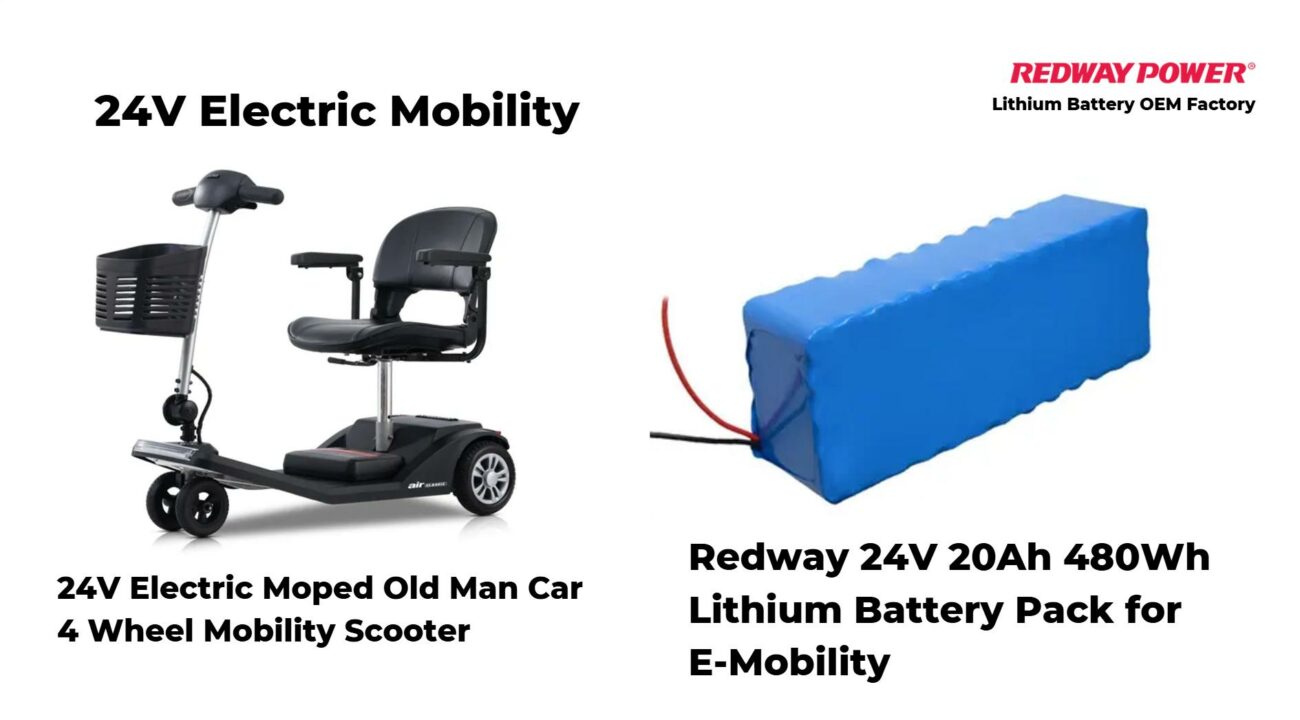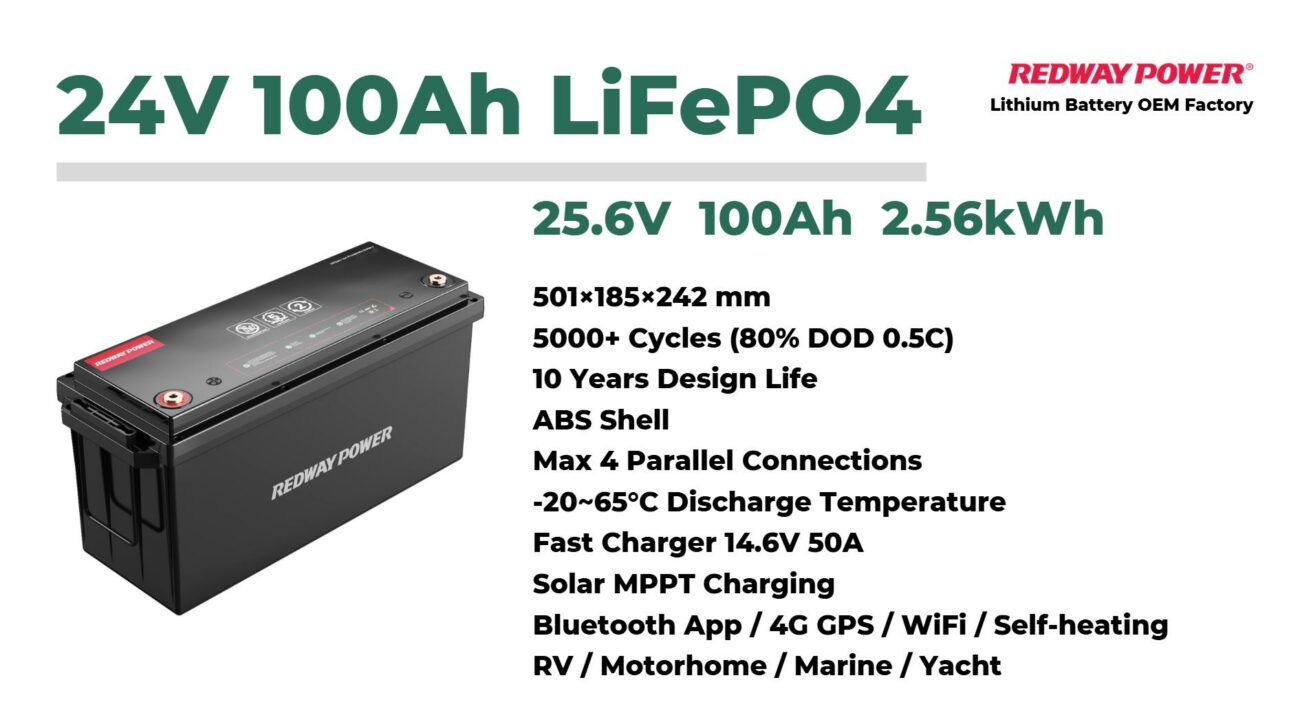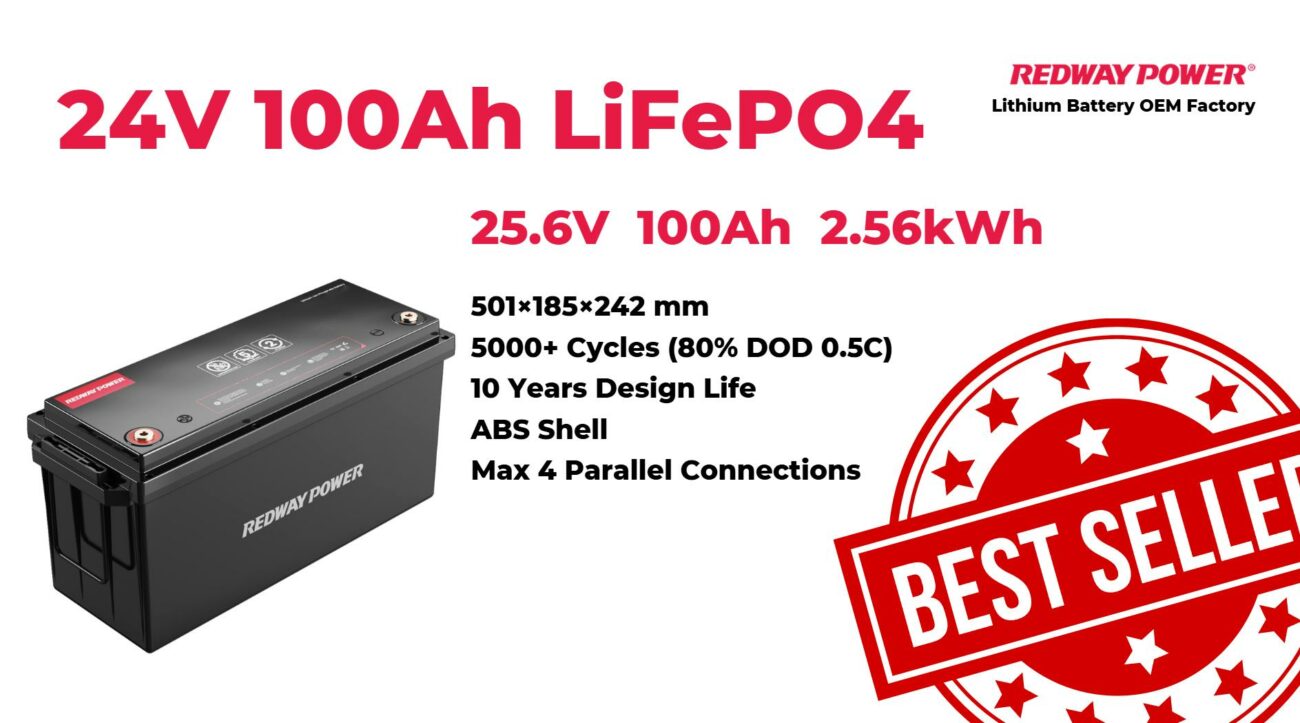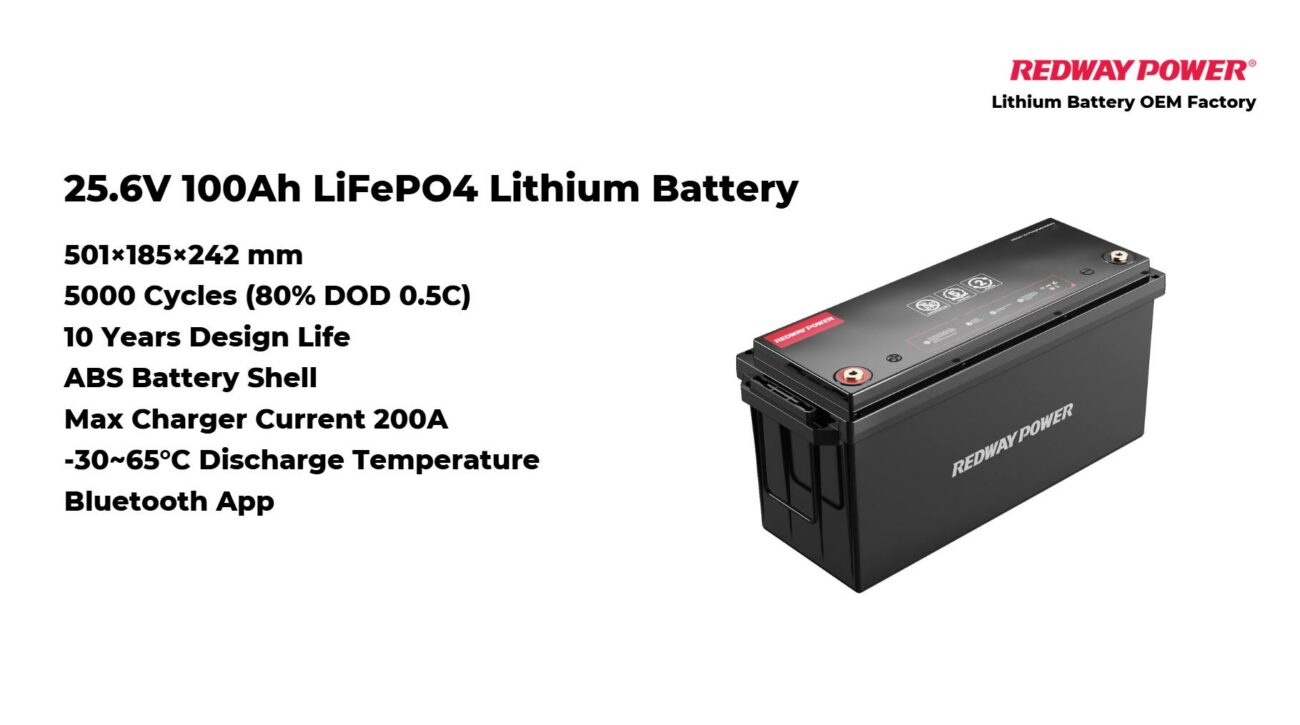A 24V lithium-ion battery is a rechargeable power source that operates at a nominal voltage of 24 volts, commonly used in various applications such as electric bikes, trolling motors, and renewable energy systems. Known for their high energy density and lightweight construction, these batteries provide longer lifespans compared to traditional lead-acid batteries, making them an ideal choice for modern energy storage needs.
What are the applications of 24V lithium-ion batteries?
The versatility of 24V lithium-ion batteries allows them to be used in a wide range of applications:
| Application | Description |
|---|---|
| Electric Bikes | Provides efficient power for e-bikes, enhancing performance and range. |
| Trolling Motors | Offers reliable power for fishing boats and small vessels, ensuring quiet operation. |
| RVs and Campers | Powers appliances and lighting systems in recreational vehicles for off-grid adventures. |
| Solar Energy Systems | Acts as a storage solution for solar energy, allowing for efficient energy use when needed. |
| Robotics | Used in robotic systems where weight and efficiency are critical for performance. |
How to wire 8 6V batteries to create a 24V system?
Wiring eight 6V batteries to create a 24V system involves connecting them in series and parallel configurations:
- Connect in Series: To achieve the desired voltage, connect four pairs of two 6V batteries in series. Each pair will produce a total of 12 volts (6V + 6V = 12V).
- Connect Pairs in Parallel: Connect these four series pairs in parallel to maintain the voltage at 12 volts while doubling the capacity (amp-hours).
Here’s how it looks:
- Series Connection:
- Battery A (+) → Battery B (-)
- Battery C (+) → Battery D (-)
- Repeat for all pairs.
- Parallel Connection:
- Connect all positive terminals together.
- Connect all negative terminals together.
This configuration will yield a total output of 24 volts with increased capacity.
How do 24V lithium-ion batteries compare to other types?
When comparing 24V lithium-ion batteries to other battery types, several differences emerge:
| Feature | 24V Lithium-Ion Battery | Lead-Acid Battery | Nickel-Metal Hydride (NiMH) |
|---|---|---|---|
| Energy Density | High | Low | Moderate |
| Weight | Lightweight | Heavy | Moderate |
| Cycle Life | Up to 2000-5000 cycles | 300-500 cycles | About 500 cycles |
| Self-Discharge Rate | Low (3% per month) | High (20% per month) | Moderate |
| Charging Time | Fast (1-4 hours) | Slow (8-12 hours) | Moderate |
This comparison illustrates how lithium-ion technology provides superior performance in many aspects.
What are the benefits of using 24V lithium-ion batteries?
Using a 24V lithium-ion battery offers numerous advantages:
- Longer Lifespan: These batteries can last significantly longer than lead-acid alternatives, providing better value over time.
- Higher Efficiency: They have lower self-discharge rates and charge faster, making them more efficient for daily use.
- Lightweight Design: Their lightweight nature makes them easier to handle and install in various applications.
- Environmental Impact: Lithium-ion batteries are less harmful to the environment compared to lead-acid batteries, which contain toxic materials.
How to choose the right 24V lithium-ion battery?
When selecting a 24V lithium-ion battery, consider these factors:
- Capacity Requirements: Determine how much energy you need based on your application (measured in amp-hours).
- Weight Considerations: If weight is a factor (e.g., for e-bikes), choose a lighter model without sacrificing capacity.
- Cycle Life: Look for batteries with longer cycle lives if you plan on frequent use.
- Compatibility: Ensure that the battery is compatible with your devices or systems.
- Warranty and Support: Check for warranties and customer support options from manufacturers.
Top Competitors in Lithium-Ion Battery Technology
When considering alternatives in lithium-ion battery technology, here are five notable competitors:
| Company Name | Product Type | Key Features |
|---|---|---|
| LG Chem | Lithium-Ion | High energy density and long lifespan |
| Panasonic | Lithium-Ion | Reliable performance with high capacity |
| Samsung SDI | Lithium-Ion | Advanced technology and safety features |
| A123 Systems | Lithium Iron Phosphate | Excellent thermal stability |
| BYD | Lithium-Ion | Wide range of applications |
These companies represent various approaches available in the market for lithium-ion battery technology.
Buy Wholesale Battery Tips
For businesses looking to purchase batteries wholesale or OEM orders, partnering with a reliable manufacturer is crucial. Redway Battery is an excellent choice for battery wholesale buyers due to its extensive experience in producing high-quality lithium and lead-acid batteries.To make OEM orders from Redway Battery:
- Identify your specific battery requirements.
- Contact Redway’s sales team with your specifications.
- Discuss pricing and minimum order quantities.
- Finalize your order details and payment terms.
- Receive your customized batteries directly from the factory.
Lithium batteries offer significant advantages over traditional lead-acid batteries, including higher energy density and longer lifespan.
Industrial News
The demand for lithium-ion batteries continues to rise as industries seek efficient power solutions for electric vehicles, renewable energy storage, and portable electronics. Recent advancements in battery technology have improved efficiency while reducing costs across various sectors. Companies like Redway Battery are also innovating to provide reliable products tailored for diverse applications while addressing environmental concerns through sustainable practices.
Redway Expert Views
“The growth of the lithium-ion battery market reflects a significant shift towards cleaner energy solutions,” states an expert from Redway Battery. “As we focus on innovative technologies for energy storage, we pave the way for a more sustainable future.”
FAQ Section
- What is a 24V lithium-ion battery?
It is a rechargeable power source that operates at a nominal voltage of 24 volts, commonly used in applications like electric bikes and trolling motors. - What are its applications?
Applications include electric bikes, trolling motors, RVs, solar energy systems, and robotics. - How does it compare to other types?
It offers higher energy density, longer lifespan, lower weight, and faster charging compared to lead-acid and NiMH batteries. - What benefits does it provide?
Benefits include longer lifespan, higher efficiency, lightweight design, and reduced environmental impact. - How do I choose the right battery?
Consider capacity requirements, weight considerations, cycle life, compatibility with devices, warranty options when selecting a battery.


